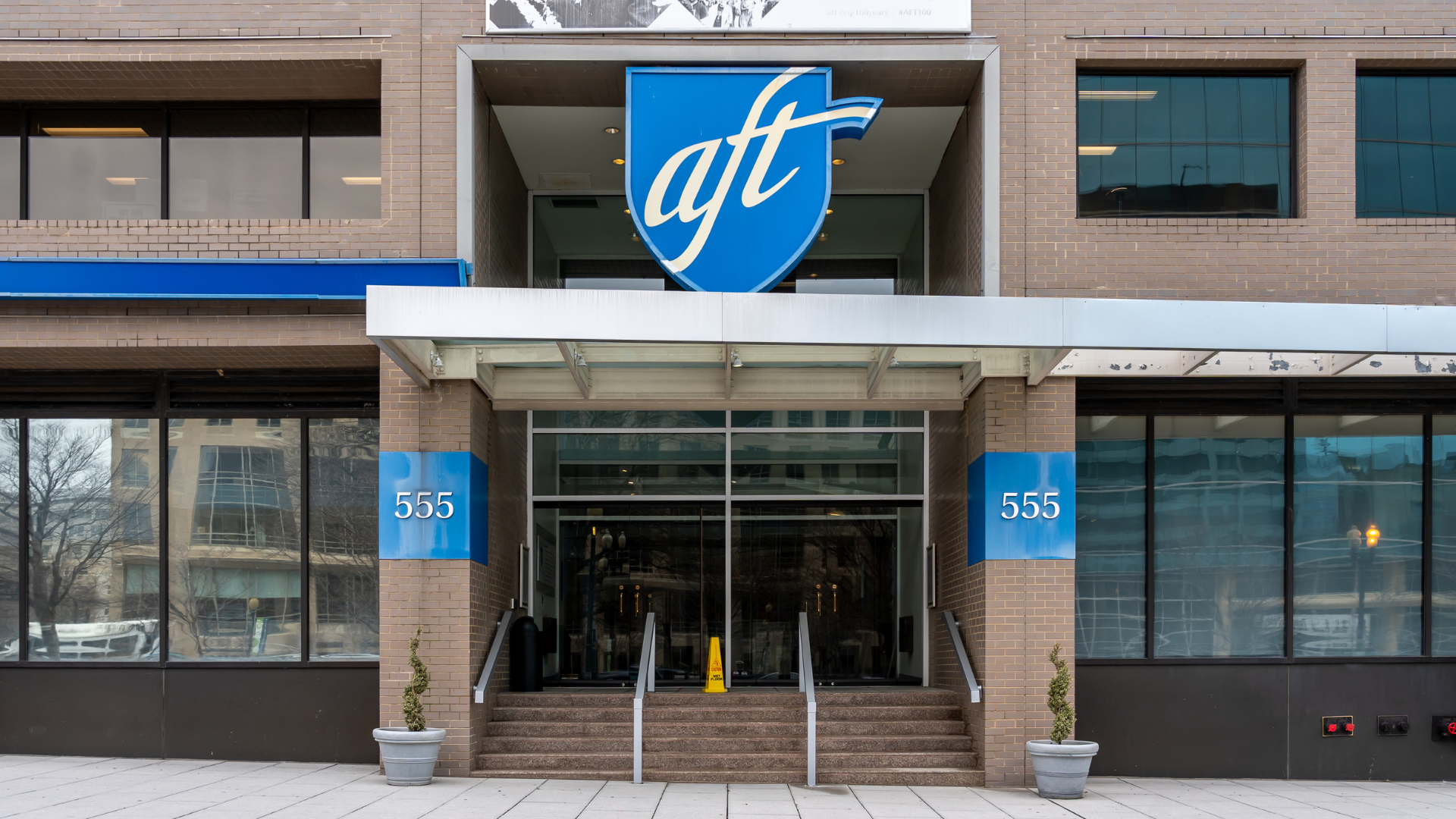
New AFT report on labor risk in private equity
August 6, 2024
On July 24, AFT, a union representing 1.8 million workers in education healthcare and public services, released a report, Managing Labor Risks in Private Equity, which calls on public pension fund trustees to press private equity firms to do better for the employees of the companies they own and argues that doing so will lead to better investment returns. Members of the AFT sit on public pension fund boards across the US that oversee these investments and such pension funds have invested billions into private equity to generate investment gains for retirees.
Coverage of the report by NBC stated that the report “focuses on troubling labor practices at companies owned by some of the country’s largest private-equity firms. The report cites mass layoffs, forced labor, child labor and anti-union activities, and it says such practices pose a financial risk for pensioners whose retirement savings fuel private-equity operations.”
“The AFT fights every day to uphold workers’ retirement security,” Randi Weingarten, the union’s president, said in a statement. “But that future and our investments cannot be dependent upon practices that harm fellow workers in the name of profit.”
AFT reached out to large private equity firms and synthesized the internal policies on workforce management of those firms that responded, noting those that did not. It also reviewed 10 of the largest private equity firms and lists over two dozen recent labor disputes at these firms, including their current status and a brief synopsis of each problem. One example, Apollo-owned supermarket chain Cardenas Markets, states, in part:
“Apollo Investment Fund IX owns and controls Cardenas Markets and its parent company Heritage Grocers. On March 12, 2024, Cardenas Markets settled a class-action lawsuit alleging labor code violations, including pay and overtime violations and rest break violations, at a cost of $2,500,000, without admitting wrongdoing. This case made similar allegations to those settled by Cardenas in 2021 under prior ownership at a cost of $6.5 million. In August 2023, Cardenas Markets settled—for $1,500,000, without admitting wrongdoing—a class-action lawsuit alleging violation of California’s labor regulations by failing to provide seats to cashiers. Finally, since December 2022, UFCW Local 1167 has filed unfair labor practice charges with the National Labor Relations Board against Cardenas related to wrongful termination for union and/or protected activity.”
The report adds to the recent calls for private equity firms to implement responsible workforce labor standards and principles. Many investors and stakeholders have recognized the potential risks associated with labor disputes and violations, and have begun to implement labor principles designed to ensure that private equity firms and their portfolio companies adhere to improved working conditions.
In April, the New York State Common Retirement Fund introduced a set of comprehensive labor standards in their Responsible Workforce Management Policy and Principles for their private equity investments. The policy is intended to mitigate risks associated with labor disputes and violations and is a significant step towards enhancing labor conditions in private equity-owned companies.
The California Public Employees Retirement System (CalPERS), the largest public pension fund in the United States with $500 billion in assets, has also taken significant steps to address labor practices within its portfolio,[1] with amendments to their Total Fund Investment Policy, Governance and Sustainability Principles. These amendments reflect a commitment to upholding fundamental labor rights and improving workforce conditions across CalPERS investments to protect the fund against risks associated with labor disputes.[2]
A spokesperson for Blackstone, the world’s largest private equity firm, agreed with a key premise of the report in a statement to NBC, that improving working conditions at portfolio companies “is aligned with our duty as fiduciaries.” The report outlines five examples of serious labor issues within the Blackstone portfolio in recent years.
The report also includes a section titled “AFT Labor Standards Platform,” that lays out recommended standards for pension funds, including seven standards with definitions and examples that the report encourages pension funds to adopt. Standards include disclosure of key employment statistics about portfolio companies to investors; working conditions and benefits covering safety, wages, and health insurance; and freedom of association, defined by remaining neutral in organizing drives, refraining from hiring anti-union consultants, and bargaining in good faith with their workers’ unions, in accordance with ILO principles; among others.
The final report section includes, “Part of the exercise of fiduciary duty involves trustees asking questions of staff and consultants, requesting information about particular investments, and especially examining risks that may not be priced into their investments.” This section includes a number of questions for each standard in the Platform that trustees can ask to ensure they are fully informed and able to comply with their fiduciary duty.
AFT’s membership that sits on pension fund boards across the country represents an important voice in the growing chorus of investors that have called on asset managers to create enforceable standards for workers in private equity portfolios. Such standards will not only ensure that pension fund money is not used to exploit workers, but can also mitigate risks associated with labor disputes and scandals.
[1] https://www.sacbee.com/news/politics-government/the-state-worker/article256895587.html
[2] https://www.calpers.ca.gov/docs/forms-publications/governance-and-sustainability-principles.pdf
